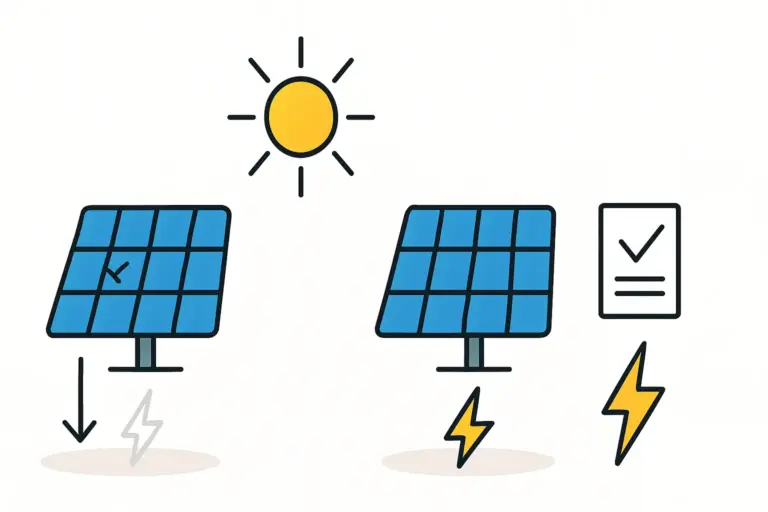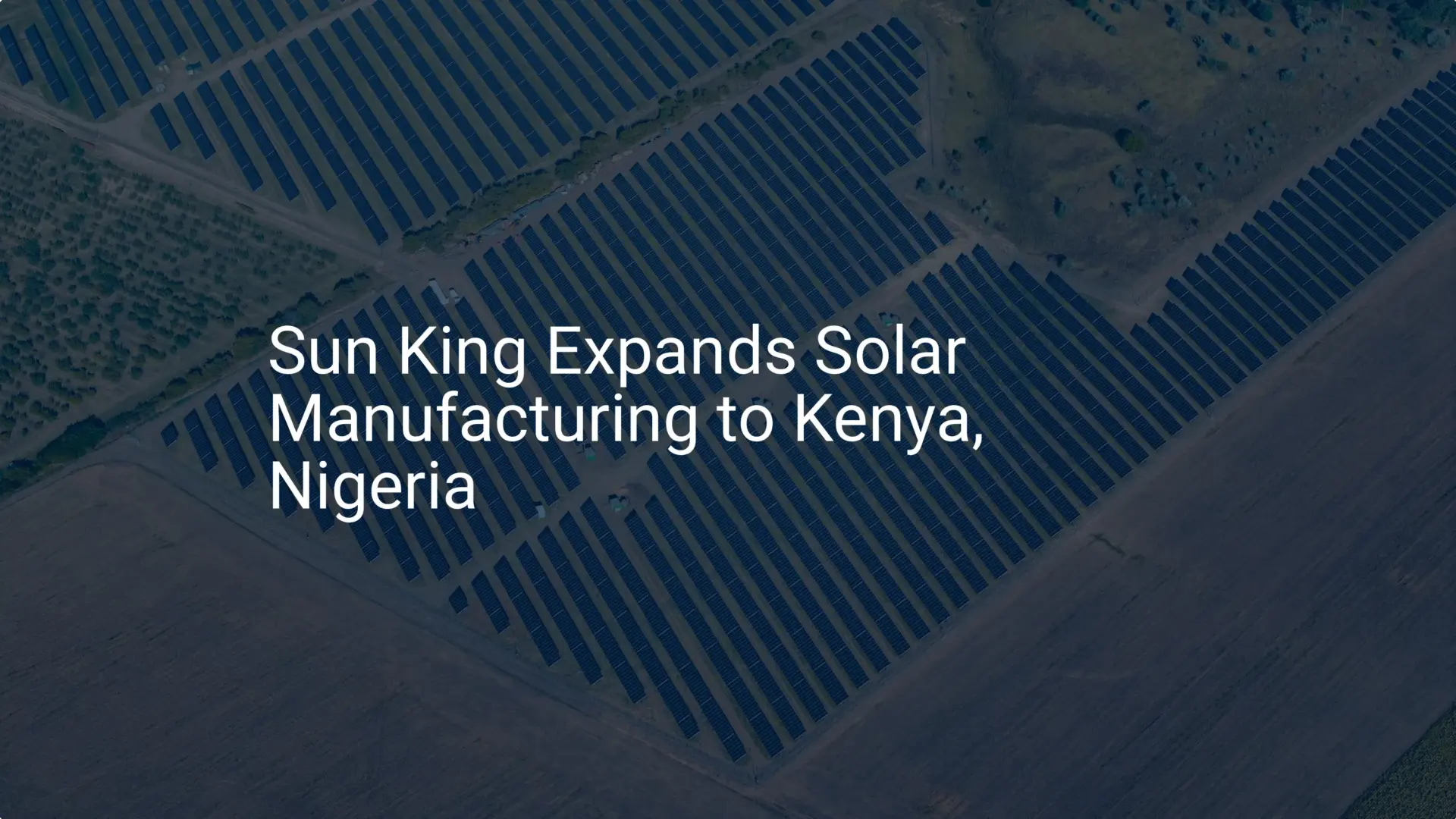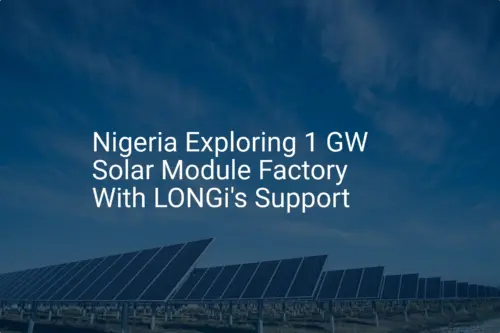An entrepreneur sees the immense potential in West Africa—a region with abundant sunshine and a growing demand for reliable energy. The idea of establishing a solar module manufacturing plant in a strategic location like Niger is compelling. Yet, a fundamental question often brings this ambition to a halt: ‘How does one establish a company as a foreign investor? What are the rules, and is the investment secure?’
This choice of legal structure is no minor detail—it is the very bedrock upon which a successful international venture is built. Understanding the legal landscape is the first critical step for any professional considering entry into a new market. This guide provides a clear overview of the legal and ownership structures available for foreign investors in Niger’s manufacturing sector, focusing on the frameworks designed to protect and empower new enterprises.
Understanding Niger’s Pro-Investment Framework
For many international investors, the primary concern is legal stability and the protection of their assets. Niger has addressed this directly through its Investment Code (Law N° 2022-42), which fosters a clear and favorable environment for both foreign and domestic enterprises. This legislation is more than a document—it is a signal to the global business community that Niger is open for investment.
The code provides several essential guarantees:
-
Equal Treatment: Foreign investors receive the same rights and protections as national investors.
-
Freedom of Capital Transfer: The law guarantees the right to transfer capital and income—including dividends, loan repayments, and salaries—out of the country.
-
Protection of Property: Private property is protected, with safeguards against expropriation without fair and prior compensation, in accordance with international standards.
-
Full Foreign Ownership: Critically, Niger permits 100% foreign ownership of companies in most sectors, including manufacturing. This means an entrepreneur is not legally required to find a local partner to establish a business.
These provisions create a predictable and secure environment, significantly mitigating the perceived risks of investing in a new market.
Choosing the Right Business Entity for Your Factory
The choice of legal entity affects everything from liability and taxation to administrative complexity. In Niger, the corporate landscape is governed primarily by the OHADA (Organization for the Harmonization of Business Law in Africa) Uniform Act on Commercial Companies, which offers standardized and modern legal structures.
For a new manufacturing venture, such as a solar module assembly line, two options stand out as the most common.

The Limited Liability Company (SARL): The Practical Choice for Most New Ventures
The Société à Responsabilité Limitée (SARL) is the most popular corporate structure for small and medium-sized enterprises in Niger. Its crucial advantage is that the liability of its owners (shareholders) is limited to the amount of their capital contribution.
-
Minimum Capital: The required minimum share capital is XOF 1,000,000 (approximately USD 1,650), which can be fully paid up over two years.
-
Shareholders: It can be formed by a single individual (SARL Unipersonnelle) or by multiple shareholders.
-
Suitability: This structure is ideal for initial factory setups, such as a 20 MW to 50 MW solar panel production line, where the investment is significant but does not yet require the complexity of a public company.
The Public Limited Company (SA): Structuring for Larger Scale Operations
The Société Anonyme (SA) is designed for larger enterprises and those intending to raise capital from the public. It features a more formal governance structure, a characteristic that can be beneficial for complex operations or joint ventures involving multiple institutional partners.
-
Minimum Capital: The minimum share capital is significantly higher at XOF 10,000,000 (approximately USD 16,500).
-
Governance: An SA requires a Board of Directors, making its administration more formal and rigorous than that of an SARL.
-
Suitability: This structure is appropriate for large-scale industrial projects or when multiple international partners are involved.
For most entrepreneurs entering the market, the SARL offers the optimal balance of liability protection, operational flexibility, and manageable administrative requirements.
The Strategic Question: Joint Venture or Full Ownership?
While Niger’s law permits 100% foreign ownership, the strategic value of a joint venture (JV) with a local partner should not be overlooked. This is a business decision, not a legal one.
A local partner can bring invaluable assets to the table, including deep market knowledge, established business and governmental networks, and a nuanced understanding of the local operational context. Experience from J.v.G. turnkey projects shows that a well-chosen local partner can significantly accelerate processes like site acquisition, permit applications, and navigating local partnerships.
However, a JV also means sharing control, profits, and decision-making authority. The choice between full ownership and a JV depends entirely on the investor’s strategy, risk appetite, and confidence in navigating the local environment independently.
The Business Registration Process: A Step-by-Step Overview
Niger has streamlined its business registration process through the Maison de l’Entreprise, which acts as a one-stop shop for company formation. While engaging local legal counsel is highly recommended to ensure compliance, the general steps are clear and logical.

-
Reserve a Company Name: Ensure the proposed name is unique and available.
-
Draft Statutes (Articles of Association): This legal document outlines the company’s purpose, governance, and capital structure.
-
Deposit Share Capital: The initial capital must be deposited into a bank account opened in the company’s name in Niger.
-
Complete Registration Formalities: This involves filing the necessary documents at the Maison de l’Entreprise, which handles registration with the Commercial Register, tax authorities (DGI), and social security agency (CNSS).
-
Obtain Certificates: Upon completion, the company receives its registration certificate, tax identification number, and other official documents, allowing it to legally commence operations.
Unlocking Investment Incentives: Beyond Simple Registration
Registering a company is only the first step. To fully benefit from Niger’s pro-investment policies, a new manufacturing enterprise must apply for an Investment Certificate under the Investment Code. This certificate is the key to unlocking a range of powerful fiscal incentives.
-
Installation Phase (up to 36 months): During this phase, companies benefit from exemptions on customs duties, import taxes, and Value Added Tax (VAT) on the equipment, materials, and machinery required to set up the factory. This significantly reduces the initial capital expenditure for a production line.
-
Operational Phase (5 to 10 years): This phase offers substantial reductions or full exemptions from Corporate Income Tax (BIC) and other business taxes for a specified period after production begins, depending on the investment zone.
-
Export-Oriented Incentives: Manufacturers planning to serve regional markets can leverage Niger’s Free Zone (Zone Franche) regime. By exporting at least 80% of their production, companies can qualify for a highly advantageous tax framework, including a long-term reduced corporate tax rate. For a solar module manufacturer, this creates a strategic opportunity to become a competitive supplier for the entire ECOWAS region.
Frequently Asked Questions (FAQ)
Can I own 100% of my manufacturing company in Niger as a foreigner?
Yes, the Investment Code of Niger permits 100% foreign ownership in the manufacturing sector and most other industries, without requiring a local partner.
How much capital do I need to start a company?
The legal minimum for the most common entity, the SARL (Limited Liability Company), is XOF 1,000,000 (approximately USD 1,650). An SA (Public Limited Company) requires a minimum of XOF 10,000,000.
How long does it take to register a company in Niger?
The process has been streamlined through the Maison de l’Entreprise. With all documentation prepared correctly, registration can typically be completed within a few weeks.
Do I need to be physically in Niger to register the company?
While it is beneficial, it is not strictly necessary. An investor can grant a power of attorney to a local legal representative or consultant to handle the entire registration process on their behalf.
Can I take my profits out of the country?
Yes, the free transfer of capital and profits is a right guaranteed to foreign investors under the Investment Code.
Conclusion: Building a Solid Legal Foundation
Establishing the right legal entity is the foundational step in turning an investment idea into an operational reality. Niger’s legal framework offers foreign investors a clear, modern, and secure pathway to entry, characterized by 100% ownership rights, strong investment protections, and significant fiscal incentives.
Choosing between an SARL and an SA, or deciding between full ownership and a joint venture, are critical early decisions. With a clear legal structure in place, you can move forward confidently. Subsequent stages—from planning your solar module factory to securing the necessary certifications—require equally careful consideration. For entrepreneurs navigating this journey, platforms like pvknowhow.com offer structured guidance to help you succeed.







